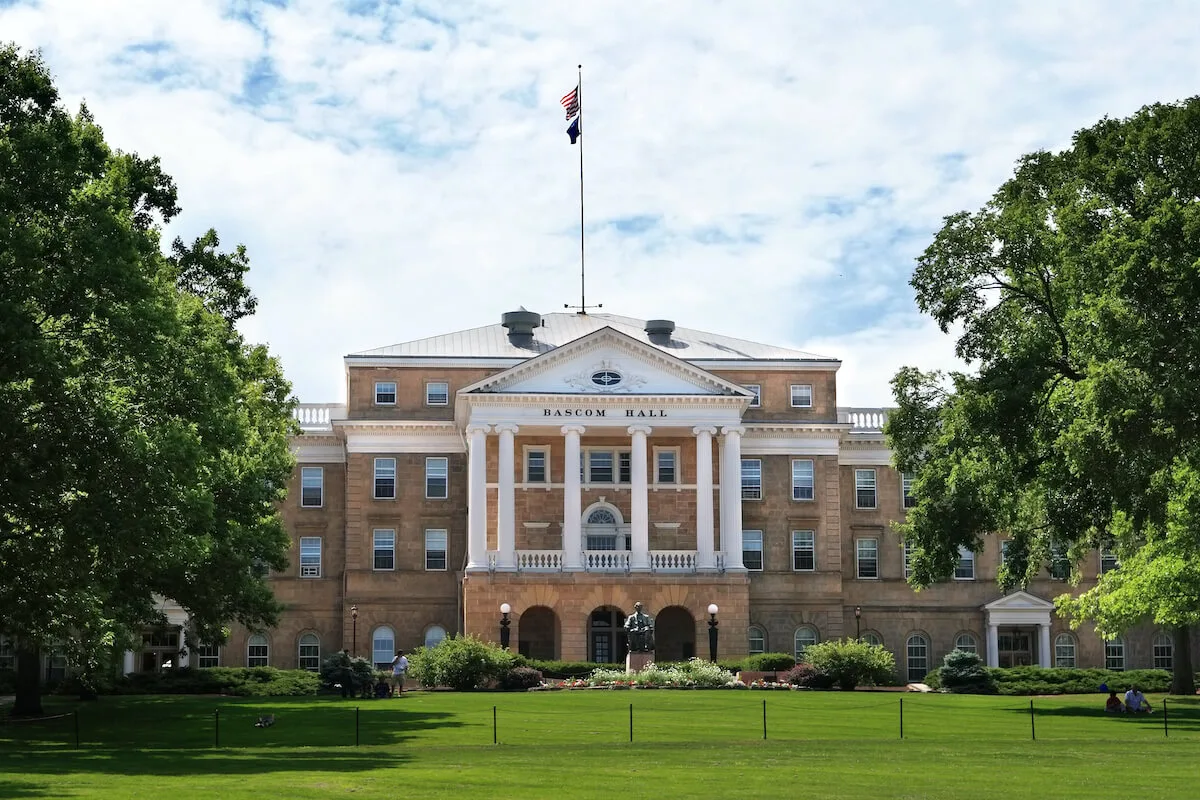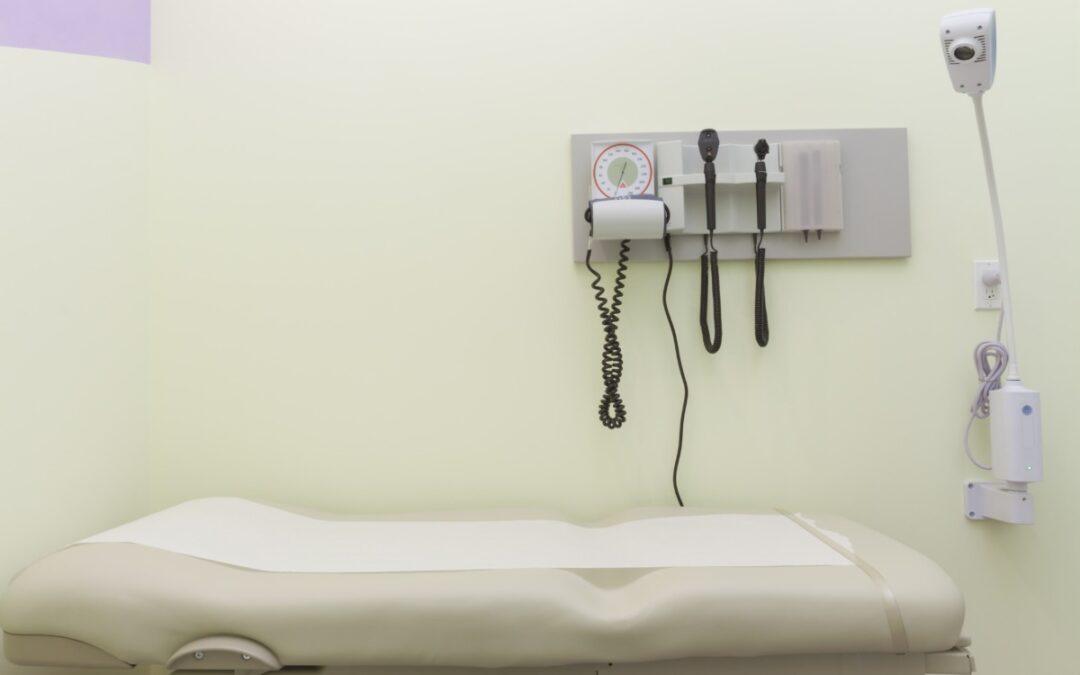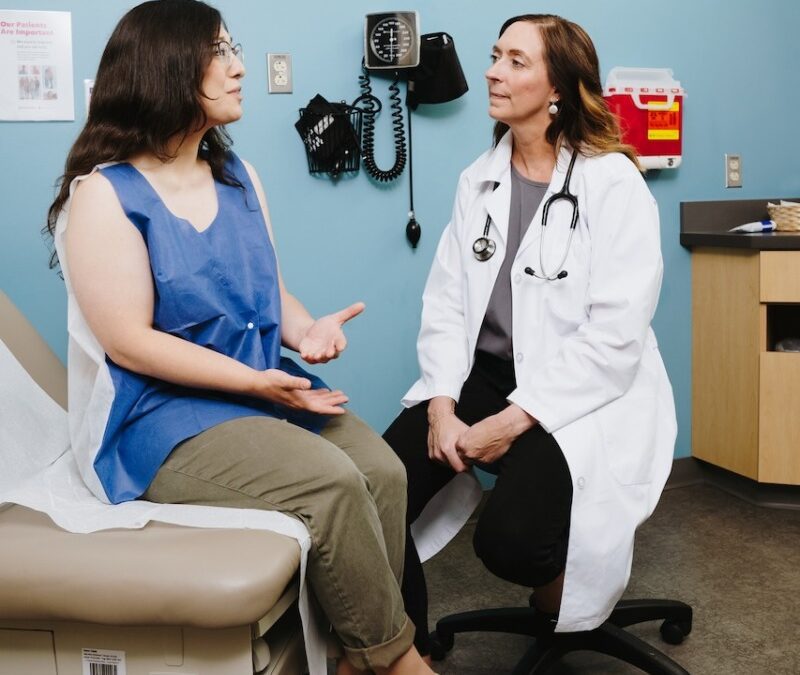
#image_title
Update: Many classes moving online, breaks extended, more travel advisories issued
A domino-like effect is taking hold in Wisconsin as the coronavirus continues to spread throughout the country, with major universities canceling or postponing classes and state health officials continuing to sound the alarm on social distancing and travel restrictions even as the World Health Organization declares the coronavirus is now a global pandemic.
State health officials fielded questions from the public Wednesday, with most residents seeking answers concerning travel and whether they should be attending large events.
Just as the question-and-answer session was getting underway, the state’s largest university, UW-Madison, announced face-to-face instruction will not resume at the conclusion of spring break on March 23. Instead, online classes will be held at least through April 10.
All campus events, including Division of Extension sponsored events outside of Dane County, of more than 50 people are canceled through at least April 10.
Students living in dormitories are being asked to take essential belongings and academic materials with them on spring break and not return to the residence halls through April 10. The halls will remain open only for students who cannot return to their permanent residences because of international travel and other factors.
The university says, “we expect the majority of dorm residents to return home, leaving the residence halls much emptier and making it easier for remaining students to maintain social distance.”
See below for the latest updates from campuses across Wisconsin.
Maintaining this “social distance” is crucial to minimizing the spread of the virus in Wisconsin, said health officials.
It is now time for people to think not only about themselves but the impact the coronavirus has on the elderly and those with underlying conditions such as an autoimmune deficiency, diabetes, and kidney, heart and lung diseases, said the state health experts.
Dr. Ryan Westergaard, the chief medical officer with the Bureau of Communicable Disease, said most younger people who become infected with the virus will feel fine but by traveling and attending events, they are potentially putting older people and vulnerable populations at risk.
Westergaard said based on studies from China, the virus’ country of origin, health officials now know roughly 80 percent of those who get infected can expect to have mild symptoms. Those same studies show people older than seventy have a significant mortality rate, as do people who have weakened immune systems.
“It is not going to be business as usual for a few months,” Westergaard said. “Now is the time to think about how we put barriers in place so people that might have the virus but don’t feel sick are kept from spreading the virus.”
Andrea Palm, secretary of the state Department of Health Services, said the decision to attend or hold large events is still up to the individual.
For example, Bike-O-Rama , southern Wisconsin’s largest bicycle sale, and Canoecopia, billed as the world’s largest paddlesport event, are being held this weekend in Madison. President Donald Trump had a rally planned in Milwaukee next Thursday, but cancelled it late Wednesday.
Palm recommends assessing every event you plan to attend based on the number of people who will be attending, where those people are coming from – is it a community spread state, for example – and who the attendees will be. Ask yourself, will there be vulnerable populations at this event?
A broader policy appears to be in the works.
“We are working very hard on this question and anticipate saying more in terms of guidance on this in the very near future,” Palm said.
Palm and Westergaard had similar advice for traveling outside Wisconsin. Four areas in the United States have been identified as areas of community spread. They are northern California, Florida, New York and Washington State. This means individuals in those areas have tested positive for the virus without coming in direct contact with another who had tested positive.
They reiterated the need to avoid travel to those areas and for individuals who have recently traveled to those areas to self-quarantine for 14 days.
“At this point, we don’t have community spread in our state,” Westergaard said. “But we need to be very conscious of what type of group settings we are exposing ourselves to.”
The two most recent individuals who tested positive for the virus both had traveled to states with community spread. One patient is in Dane County, the other in Pierce County near the Minnesota border.
Westergaard said the state in conjunction with the federal government is contacting individuals who sat in the same row as these individuals on the airplane and those who sat in the rows behind and ahead of them. He classified these people as at “medium risk” for contracting the virus.
He added being in the same airport or the same airplane as someone who has the virus does not mean you will contract it.
Palm said similar to mass gatherings, people should keep up to date on where the virus is spreading in the United States, where positive case counts are rising and which individual communities have declared their own public health emergencies.
“Again, folks who are older or who have underlying medical conditions should particularly pay attention to those kinds of considerations,” Palm said. “You should err on the side of caution to protect yourself and your families as you make decisions about your travel plans in the upcoming weeks and months.”
Whether or not the spread of the virus slowly with the coming of warmer weather this summer remains to be seen, Westergaard said.
He said that while the coronavirus is part of a larger family of viruses that typically peaks in the winter months and dies out in the summer, there is “a lot of uncertainty around this and we need to prepare for the possibility that does not happen and it continues to spread.” It reiterated it is “too early to tell.”
“We are preparing for both a sprint and a marathon,” Westergaard said. “It might be months before we see this go away. It is our responsibility to be prepared. This may be around for a while.”
University updates from across Wisconsin include:
UW-Madison: Online classes begin March 23 and will continue through at least April 10.
UW-Milwaukee: Spring Break extended through March 29. Online classes begin March 30.
UW-La Crosse: Spring Break extended through March 29. Beginning March 30 through April 10, all classes will be held online. In-person classes could resume as soon as Monday, April 13. University officials said they will announce that decision no later than Monday, April 6.
UW-Platteville: A spokesman said university officials are monitoring the coronavirus situation and will make a decision regarding holding classes online by March 17.
UW-Stout: Classes will be taught through alternative delivery methods beginning March 23 through April 5, possibly longer depending on the coronavirus.
UW-Green Bay: Classes will be held online from March 23- 28.
UW Superior: Spring break extended through March 29. Beginning March 30 through April 10 all classes will be held online.
UW-Whitewater: Spring break begins Saturday, March 14, a week early, and lasts through Sunday, March 29. Beginning Monday, March 30, face-to-face instruction will be suspended, and the campus will move to alternative delivery of classes through at least Friday, April 17. Dorms will remain open but students who can go home are being asked to do so and not return to their dorm until at last April 17.
UW-Stevens Point: Spring break has been extended through March 29. Classes will resume March 30 with alternative delivery methods. No face-to-face classes will be held on campus after this date until further notice.
UW-Oshkosh: Monitoring the situation. No decision yet to cancel classes or prolong spring break.
Marquette University: No changes to report regarding class schedules.
UW-Eau Claire: Classes will continue to be taught face-to-face, but the university is suspending attendance policies. Plans could change, based on coronavirus.
UW-River Falls: No changes to report.
Pat Kreitlow, Julian Emerson and Jonathon Sadowski contributed to this report.

Medicaid turns from ‘a lifeline’ to a question mark for woman with chronic illness
At the age of 26, Emma Widmar has been chronically ill for more than half her lifetime. Widmar was 12 when her symptoms first showed up — severe...

Tribal health leaders say Medicaid cuts would decimate health programs
By Jazmin Orozco Rodriguez March 19, 2025 As Congress mulls potentially massive cuts to federal Medicaid funding, health centers that serve Native...

Western Wisconsin woman: ‘I am alive today because abortion saved my life’
Legislative Democrats are behind a bill to protect Wisconsinites like Megan, whose access to reproductive health care saved her life. In La Crosse...

Billionaires get richer while Wisconsinites lose access to health care with ‘Beautiful Bill’
The US Senate will examine the Trump budget bill this week. It includes the largest cut to Medicaid in the program's history. It also blocks...




